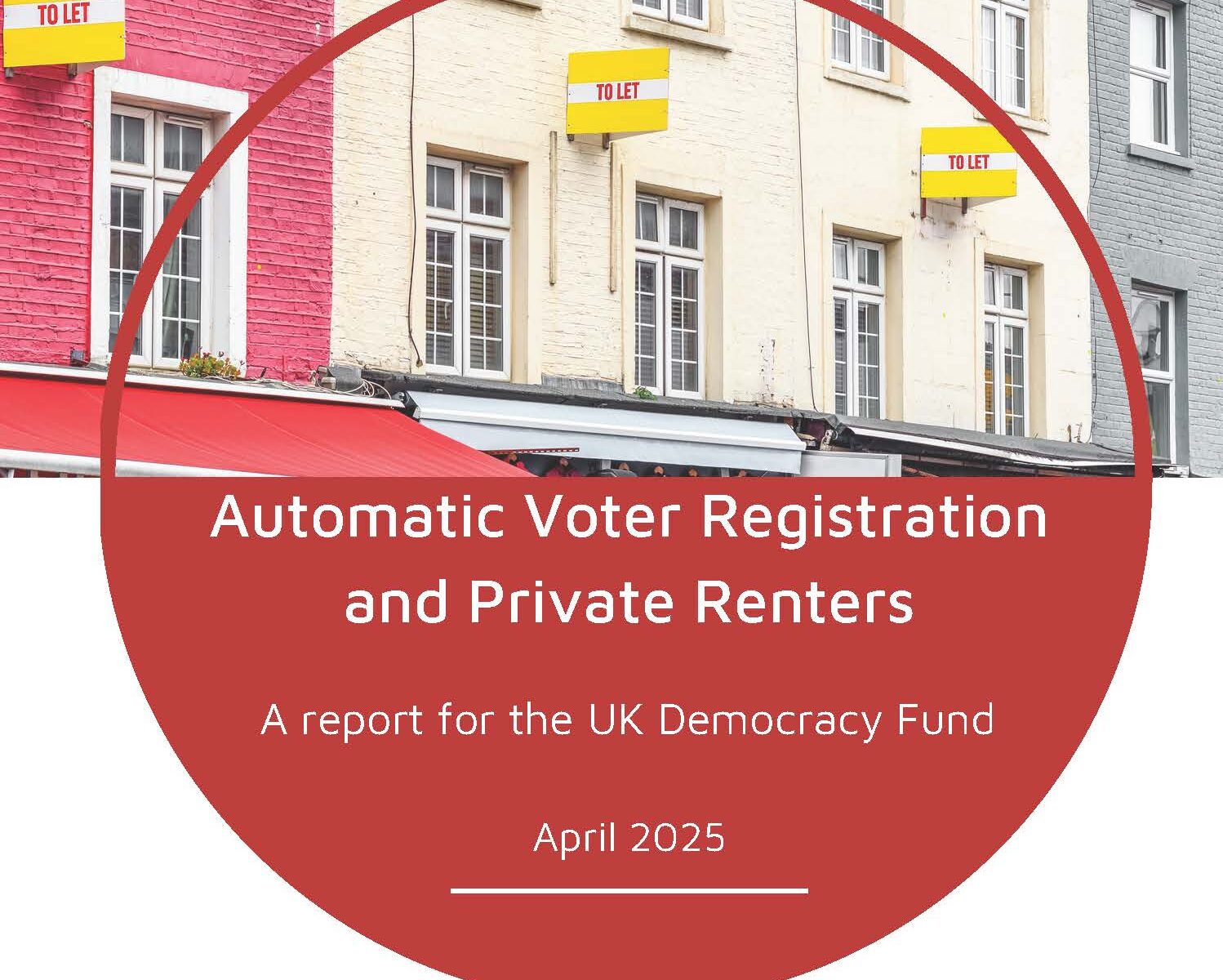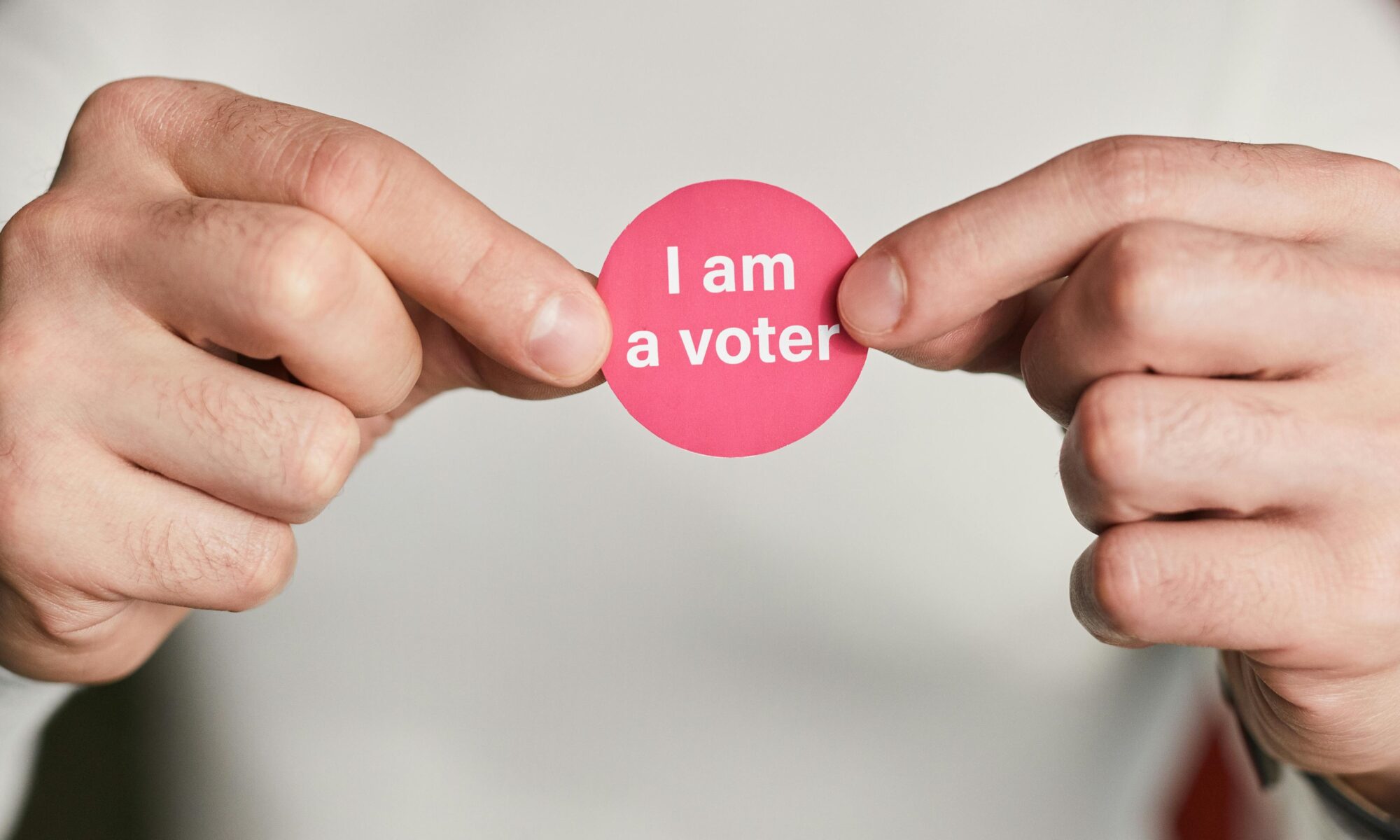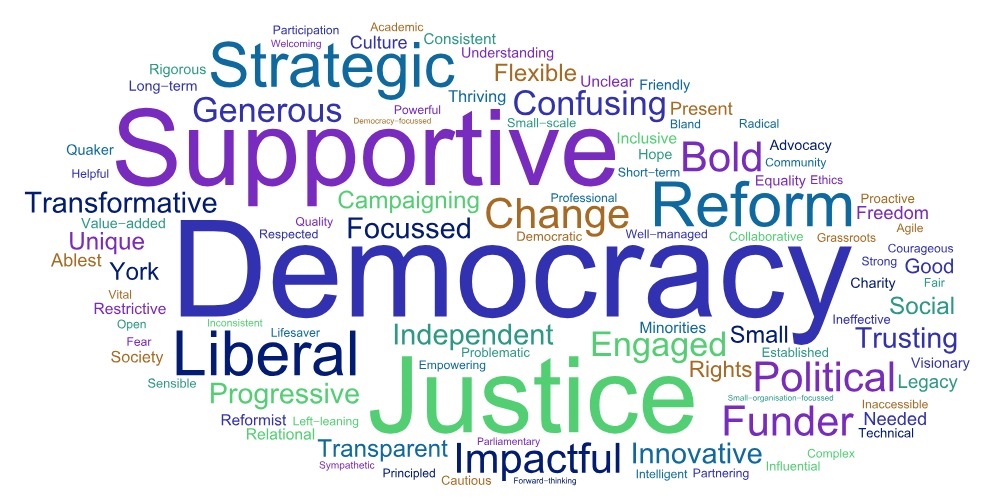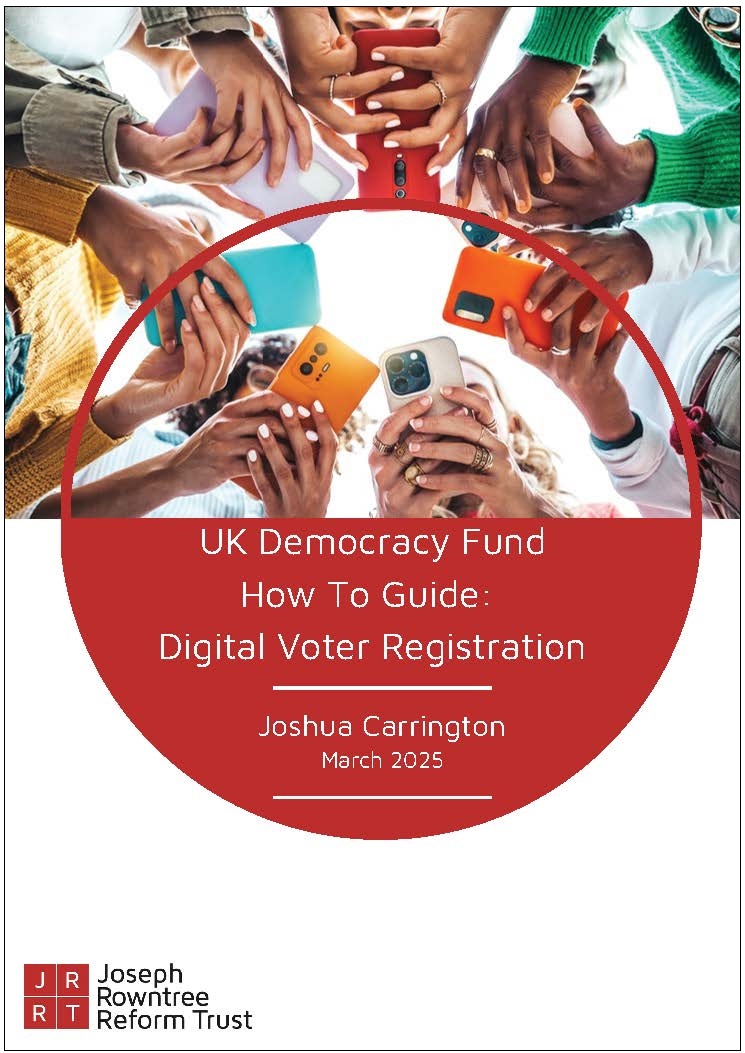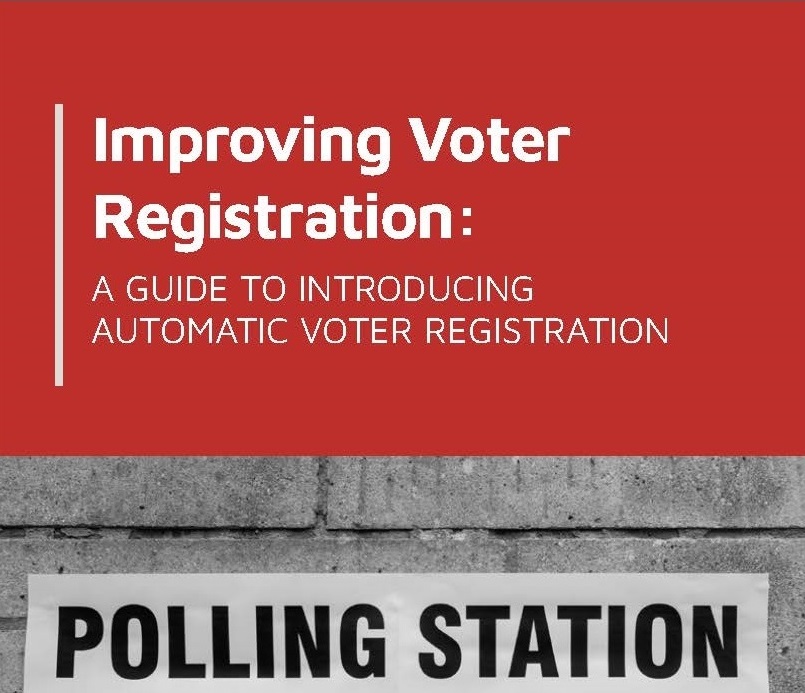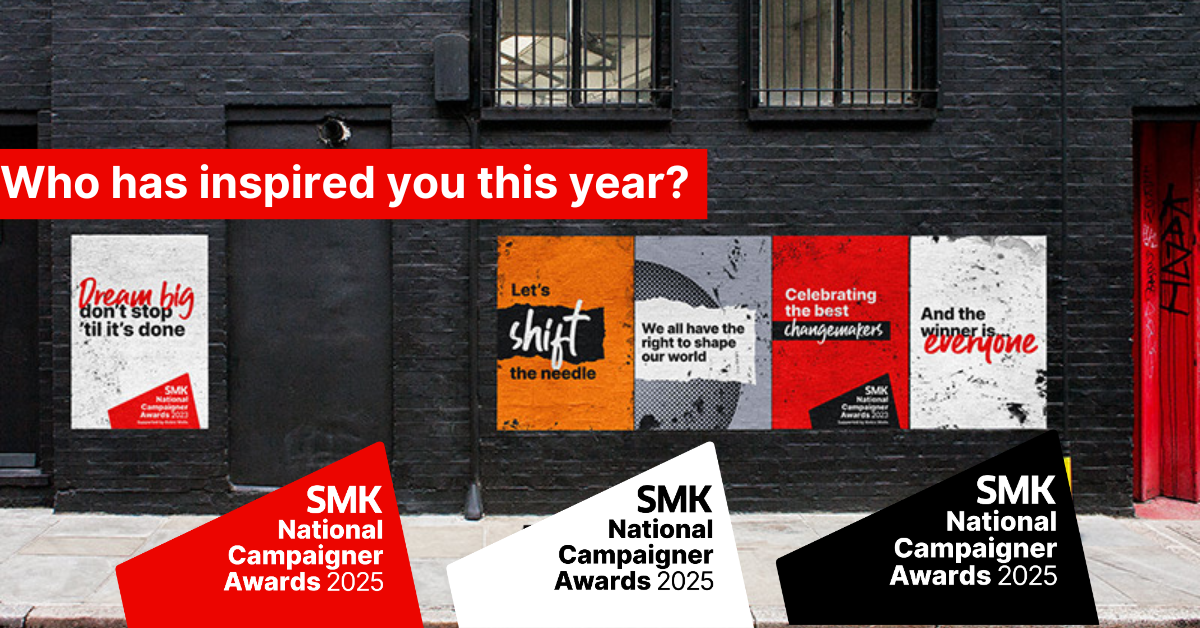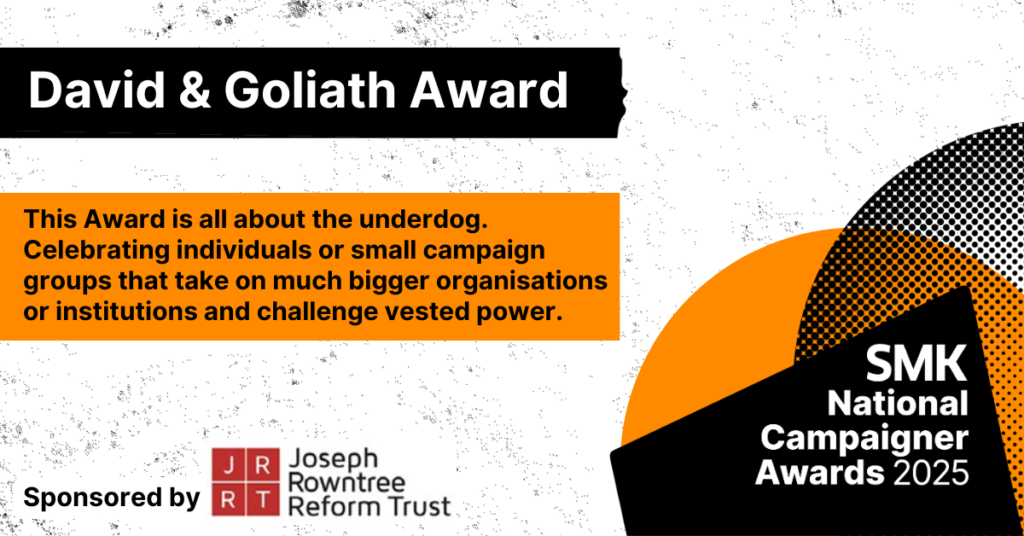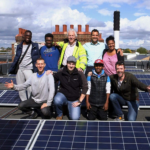People who rent their homes privately are consistently underrepresented on the electoral register. The difficulty of registering to vote is particularly stark for those who move home frequently, who must re-register each time they have a new address.
Electoral Commission data shows that those who have lived in their home for less than a year are registered at only 39%, compared to 95% for those who have lived in their home 16 years or more. House moving is a challenge for private renters, with the English Housing Survey finding that 37% move home more than once within the typical 5-year General Election cycle.
Low registration seems to be a particular issue for renters living in Houses in Multiple Occupancy (HMOs). By contrast, people who own two homes are entitled to be registered at both.
New research from Generation Rent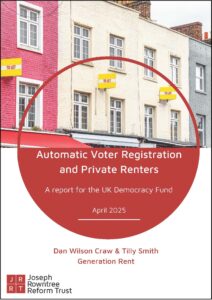 , supported by the UK Democracy Fund, finds that there were 9.41m private renters over the age of 16 in England and Wales at the 2021 Census. 8.53m (91%) were in a household likely to interact with the council for council tax, HMRC for self-assessment tax returns, DVLA for driving licences, or the DWP for Universal Credit, State Pension or other means-tested benefits, meaning that an automated voter registration system could be highly effective for renters.
, supported by the UK Democracy Fund, finds that there were 9.41m private renters over the age of 16 in England and Wales at the 2021 Census. 8.53m (91%) were in a household likely to interact with the council for council tax, HMRC for self-assessment tax returns, DVLA for driving licences, or the DWP for Universal Credit, State Pension or other means-tested benefits, meaning that an automated voter registration system could be highly effective for renters.
Generation Rent also propose further measures which could support the registration of remaining renters – for example through GP surgeries or banks.
Crucially, this research finds that an automated registration system would be effective for registering large numbers of renter voters, for whom the current system does not work.
Download the full report from Generation Rent here
Image: Ivan Samkov, Pexels


